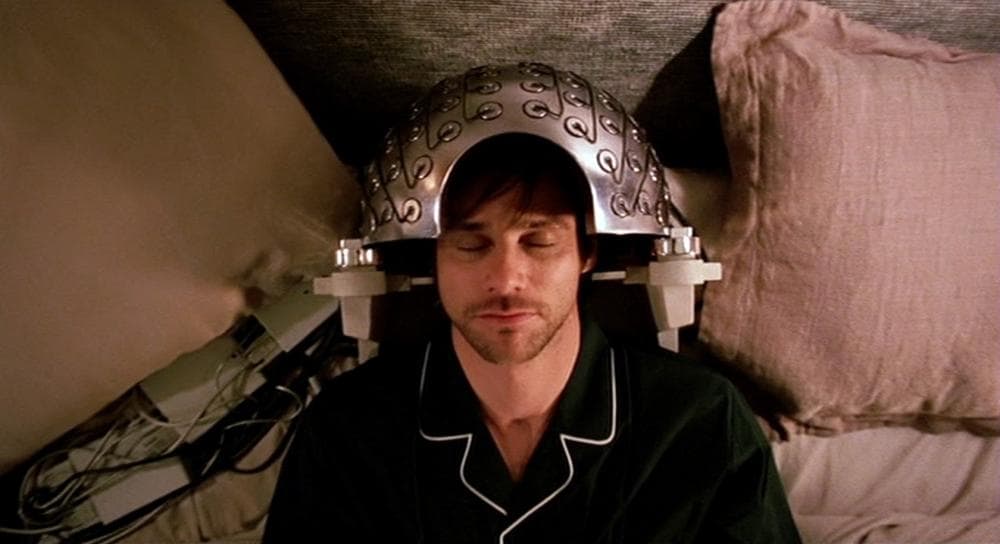Advertisement
In Study, Researchers Disrupt Recall Of Selected Memories
Resume
In a new study published in the journal Nature Neuroscience, researchers were able to selectively disrupt a patient's ability to recall a specific memory using electroconvulsive therapy. The experiment involved patients who are depressed.
The researchers say if the technique works, it may be used as a tool to treat mental illnesses such as depression and post-traumatic stress disorder.
Questions remain about the research. It is not clear whether the disruption in memory is permanent, and it isn't clear whether the therapy would work on much older memories, although as Marijn Kroes, one of the researchers on the study, tells Here & Now’s Meghna Chakrabarti, "There is no particular reason to assume that really old memories shouldn't undergo a similar phenomena."
Interview Highlights: Marijn Kroes
How the experiment worked
We had people learn two slideshows that are accompanied by an auditory narrative and form very emotional episodic stories. We have people learn these stories about a week before their treatment, and then on the day of their treatment, in the operating theater, we briefly ask them a few questions about one of the two stories.
What we think happens at that point is that specifically the memory for the story that we ask a few questions about, becomes sensitive again to disturbances. So immediately after we did that, people received electoconvulsive therapy, which produces an epileptic like seizure in the brain. So if people afterwards wake up and we test their memory immediately afterwards, then everybody remembers both stories equally well. However, if we test their memory a day later, then their memory for the story we briefly asked a few questions about just before the therapy is severely impaired. In fact it's no better than if they had just been guessing.
How memories work
For a very long time thought that memories were safe, they couldn't be altered anymore. But if you specifically interfere with the stabilization process, like ECT does, you are apparently able to completely disturb specific memories.
On potential uses for the therapy
The main treatment that we have in mind that this could work for is post-traumatic stress disorder, because in that case, there is a very specific memory that is causing a lot of the trouble.
Other disorders for which this might be really relevant is addiction. In addiction, there's a really strong association between drug craving and these very specific cues — seeing a needle or seeing a wine bottle, for example. And if you can break those associations you would lose the feeling of craving, potentially, while seeing those cues.
Our memories make who we are, good or bad. I think the only reason you would want to apply a method like the one we used and specifically erase memories is when there is a real, real clinical necessity. So if a patient is so severely ill, that nothing else works, then a method like this might be an option.
Guest
- Marijn Kroes, postdoctoral fellow at the Donders Institute for Brain, Cognition and Behavior at Radboud University in the Netherlands.
This segment aired on December 30, 2013.